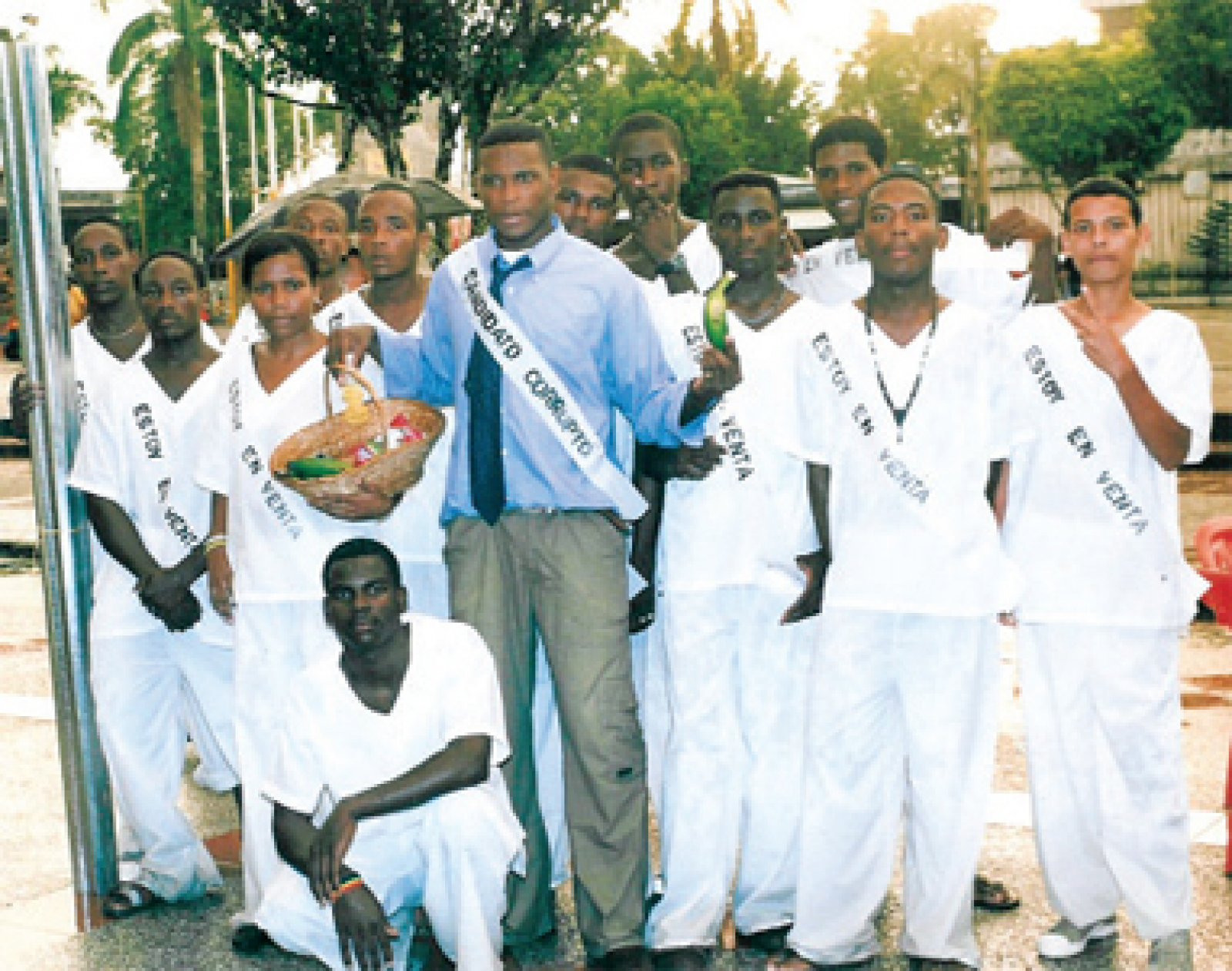
SHARE
Colombia's department of Chocó, where 82 percent of the residents are of African descent, was the nation's first administrative division designed to give that group some autonomous decision-making power. But the hoped-for empowerment has been slow to materialize in the face of poverty, corruption, violence and neglect.
To help overcome those obstacles, NDI has been conducting a pilot program to improve the skills of Chocoans to organize politically and to alert Colombia's national political parties to Chocó's special concerns and priorities. NDI was actively involved in ensuring transparency for municipal and gubernatorial elections in 2007 and, with assistance from local organizations, is working to increase political participation and help democracy deliver improvements for local citizens.
For the 2007 elections, NDI worked with candidates from 10 political parties, organizing debates and arranging forums on education, health and human rights. During the traditional San Pacho Festival – a 20-day celebration of St. Francis of Assisi ("San Pacho"), the patron saint of Quibdó – NDI collaborated with the Chocó Theater Group to educate politicians and the public on the dangers of vote buying, a common practice in the area. A group of actors played vote trading candidates and citizens, wearing banners that read "I am for sale," while other actors represented politicians and those voters persuaded by legitimate proposals, wearing banners that read, "I am not for sale." The goal was for Chocoans to better understand the importance of electing their leaders based on policy proposals instead of cash favors.
After the elections, NDI organized citizen groups that presented development proposals to the governor- and mayor-elect of the departmental capital, Quibdó. In an unprecedented move, the governor, upon taking office, invited citizen organizations to participate in the creation of a four-year development plan for education initiatives.
This year, in an expanded program, NDI is helping Chocó meet the many challenges that the region continues to face. The Institute is helping arrange forums to increase dialogue among political party leaders to address the role of parties in reducing poverty and hunger. The forums have focused on developing multi-party policy agreements and bringing more people into the planning process. In a September forum, Barrancabermeja Mayor Carlos Contreras – a 2006 alumnus of an NDI-sponsored academy that promotes political party reform and modernization in Latin America – presented the participatory planning process he has implemented in his administration. As mayor of a large Colombian city affected by conflict, Mayor Contreras was able to share best practices from another region that faces similar issues.
NDI is also working to increase and diversify participation in Chocoan politics by conducting activities in remote towns and supporting participation by civil society groups and young people, which has led to a record number of youth, women, and minorities playing an active role in their communities. As one program participant commented, "We know what needs to be done to improve Chocó. We simply lack the technical skills to accomplish it. This is what NDI helps us achieve."
Pictured Above: A Chocó Theater Group performance to educate the public on the dangers of vote buying
–
Published on Dec. 4, 2008


